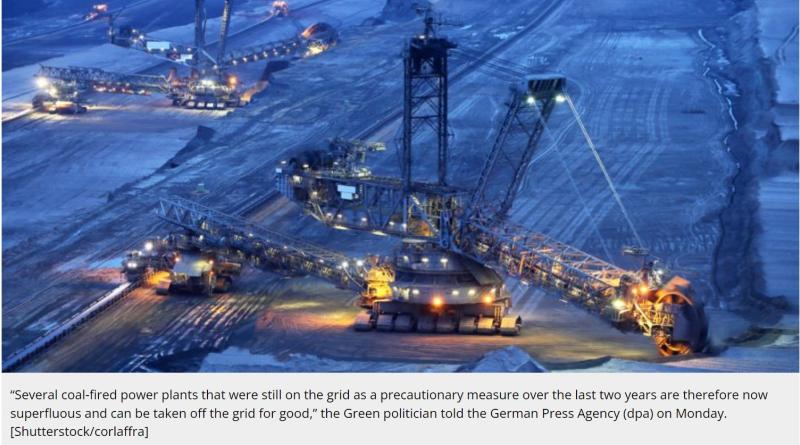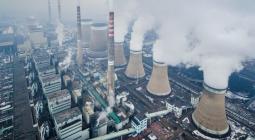Coal phase-out: Germany shuts down 15 coal-fired power plants

Germany shut down 15 coal-fired power plants over Easter to ensure that the country would meet its climate neutrality targets, with Economy Minister Robert Habeck saying that the plants were “neither necessary nor economical”.
Germany is aiming to phase out its coal-fired power plants by 2030. However, due to the energy crisis that resulted from the war in Ukraine, 15 power plants were kept on the grid temporarily to battle surging energy prices. As prices have recovered since then, Germany decided to shut them down.
“Several coal-fired power plants that were still on the grid as a precautionary measure over the last two years are therefore now superfluous and can be taken off the grid for good,” Habeck told the German Press Agency (dpa) on Monday.
While German inflation reached a 40-year record high in 2022 due to high energy prices, it has since rebounded and fell in March to its lowest level since June 2021, a new survey revealed on Monday.
Electricity and gas prices have fallen significantly, while the expansion of renewable energies means that “the majority of electricity now comes from clean, climate-friendly sources”, said Habeck.
On Sunday, seven of the 15 coal-fired power plants, which had a total capacity of around 3.1 gigawatts, were already taken off the grid in the Rhenish mining area and in Brandenburg.
On Monday, the German economy ministry announced the shutdown of eight additional coal-fired power stations, with a total capacity of 1.3 gigawatts.
The energy share from coal-fired power plants already recorded a significant decline in 2023, falling to 26.1%, down from 33.2% in 2022. However, coal is still Germany’s second most important energy source for electricity generation.





